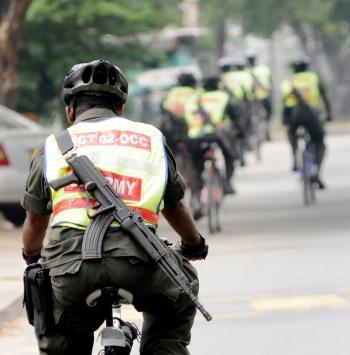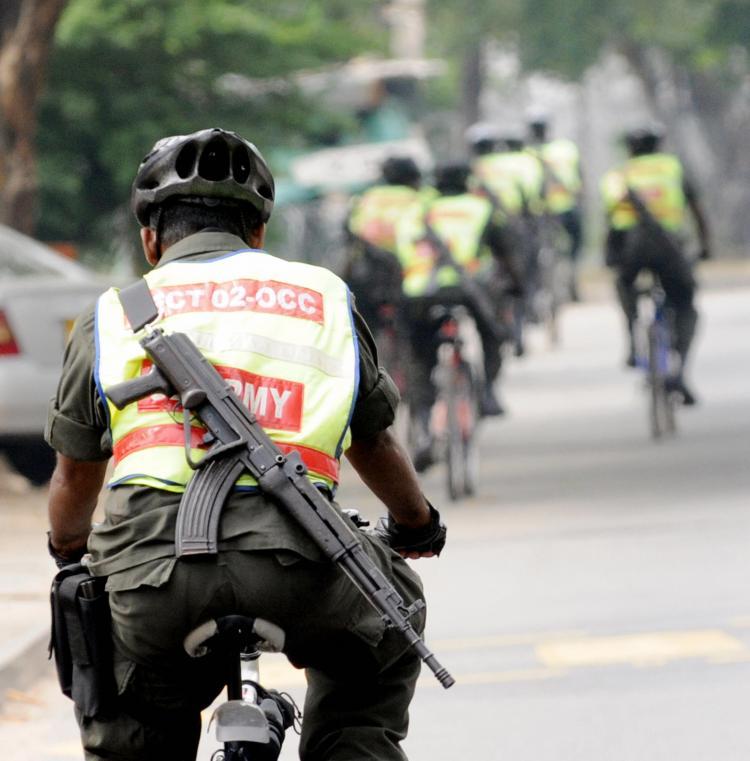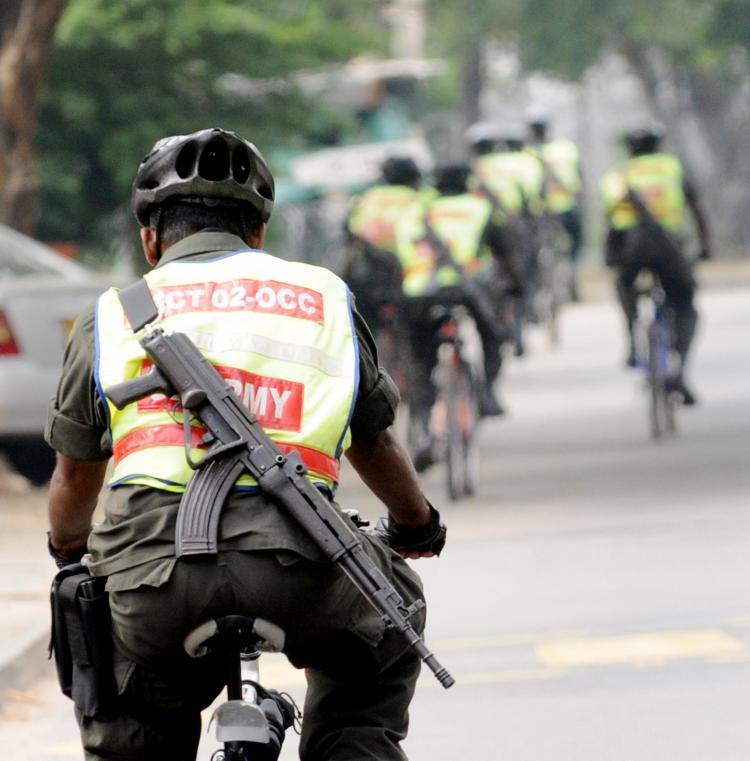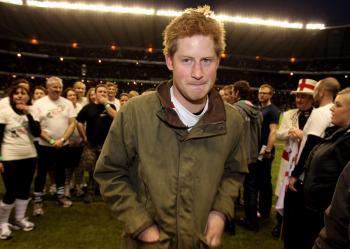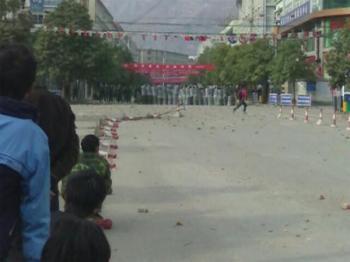Sri Lanka’s 25-year-old civil war appeared to be nearing its end as Sri Lankan soldiers battled to capture Mullaittvu, the last major stronghold of the Liberation of Tamil Tigers Ealam (LTTE).
On Sunday, government troops crossed a lagoon and entered the town in a surprise attack. After encountering heavy resistance from LTTE fighters, the government troops captured the town for the first time in 12 years.
The LTTE, commonly known as the Tamil Tigers, is a militant nationalist organization that aims to create a soverign Tamil state in the northern and eastern parts of Sri Lanka. It has been labelled as a terrorist organization by over 32 countries.
The group, which was founded in 1976, has carried out a wave of violent attacks and suicide assasinations of various targets over its 32-year history.
LTTE’s domination peaked in 2001, when it dominated most of the northern and eastern coastal regions of Sri Lanka, and a ceasefire was drawn out between the Sri Lankan government and the LTTE. However, rifts grew in the ceasefire in late 2006, at which time military confrontation between the government and the LTTE increased. In early January, the government pulled out of the ceasefire, increasing military action against the LTTE, especially in the latter half of the year.
On January 2, 2009, LTTE suffered a significant blow as Sri Lankan troops captured Kilinochchi, the de facto administrative capital for the Tigers for over a decade. A week later, LTTE started abandoning their positions on the Jaffna peninsula and pulled back into the jungle areas of Mullaitvu. The Jaffna peninsula was retaken by the Sri Lankan army on January 14, 2009.
While the LTTE are expected to fight a guerilla war from its hidden jungle bases in the small strip of land they control, military officials said that over 50,000 troops were fighting less than 2,000 Tiger rebels.
Human rights groups have been critical of the heavy-handedness with which the Sri Lankan government appears to have cracked down on the media in terms of reporting on the war. Amnesty International, in a statement released last Friday, said, “The Sri Lankan authorities are doing little to ensure the safety of the country’s media, or to prosecute those responsible for murdering or attacking them.”
The United Nations said on Monday that at least 30 civilians had been killed in the fighting between government troops and rebels.
On Sunday, government troops crossed a lagoon and entered the town in a surprise attack. After encountering heavy resistance from LTTE fighters, the government troops captured the town for the first time in 12 years.
The LTTE, commonly known as the Tamil Tigers, is a militant nationalist organization that aims to create a soverign Tamil state in the northern and eastern parts of Sri Lanka. It has been labelled as a terrorist organization by over 32 countries.
The group, which was founded in 1976, has carried out a wave of violent attacks and suicide assasinations of various targets over its 32-year history.
LTTE’s domination peaked in 2001, when it dominated most of the northern and eastern coastal regions of Sri Lanka, and a ceasefire was drawn out between the Sri Lankan government and the LTTE. However, rifts grew in the ceasefire in late 2006, at which time military confrontation between the government and the LTTE increased. In early January, the government pulled out of the ceasefire, increasing military action against the LTTE, especially in the latter half of the year.
On January 2, 2009, LTTE suffered a significant blow as Sri Lankan troops captured Kilinochchi, the de facto administrative capital for the Tigers for over a decade. A week later, LTTE started abandoning their positions on the Jaffna peninsula and pulled back into the jungle areas of Mullaitvu. The Jaffna peninsula was retaken by the Sri Lankan army on January 14, 2009.
While the LTTE are expected to fight a guerilla war from its hidden jungle bases in the small strip of land they control, military officials said that over 50,000 troops were fighting less than 2,000 Tiger rebels.
Human rights groups have been critical of the heavy-handedness with which the Sri Lankan government appears to have cracked down on the media in terms of reporting on the war. Amnesty International, in a statement released last Friday, said, “The Sri Lankan authorities are doing little to ensure the safety of the country’s media, or to prosecute those responsible for murdering or attacking them.”
The United Nations said on Monday that at least 30 civilians had been killed in the fighting between government troops and rebels.
